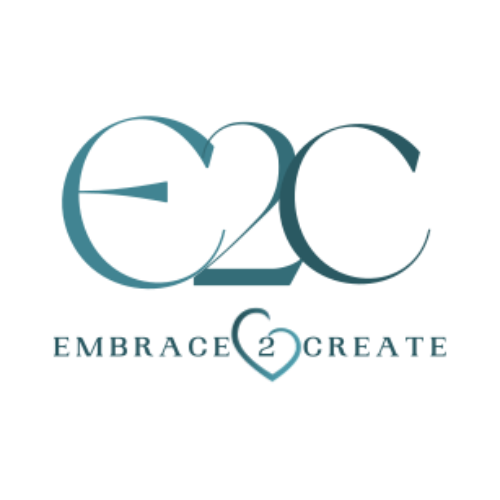Relationship Building Training in Lebanon
Introduction
In today’s fast-moving business landscape, whether you’re leading a multinational team, managing a local branch, or running a small enterprise in Lebanon, one thing remains constant: the success of your organisation depends heavily on relationships. From internal team dynamics to external stakeholder partnerships, building strong, positive, sustainable relationships is critical.
In Lebanon — with its diverse culture, multilingual workforce (Arabic, English, French), regional business ties, and evolving economy — the importance of relationship building takes on added significance. For organisations and professionals operating here, it’s not just about technical competence: it’s about trust, communication, emotional intelligence and relational agility.
This post explores what relationship-building training in Lebanon looks like, why it matters, key components of such training, where you can access it, and how you can measure success. If you’re a business leader, HR professional, trainer or individual looking to enhance your interpersonal impact in Lebanon, this guide is for you.
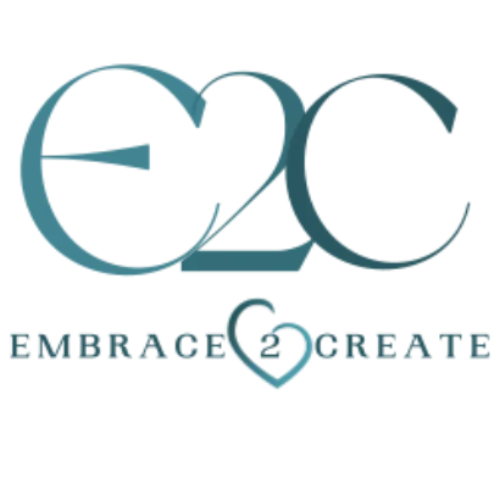
Why Relationship Building Training Matters in Lebanon
The Lebanese business & cultural context
Lebanon boasts a unique blend of cultures, languages and business norms. Personal relationships often matter as much as formal contracts. Being able to navigate cultural subtleties, communicate across languages, build trust rapidly and resolve conflicts sensitively is critical.
The organisational case for training
- Teams that communicate well, trust one another and collaborate effectively deliver better performance.
- Strong internal relationships reduce turnover, increase engagement, and boost morale.
- Externally, good relationships with clients, suppliers, and stakeholders lead to repeat business, smoother negotiations and stronger reputation.
- In a region subject to change and ambiguity, relational resilience and adaptability — the ability to adjust to new partners or shifting conditions — matter.
The individual case for training
For professionals in Lebanon, mastering interpersonal skills gives you a competitive edge: influencing without authority, negotiating cross-culturally, leading hybrid teams, and being seen as a connector rather than just a doer. In short: you become trusted, credible and valued.
What Relationship Building Training Covers
Relationship Building Training in Lebanon
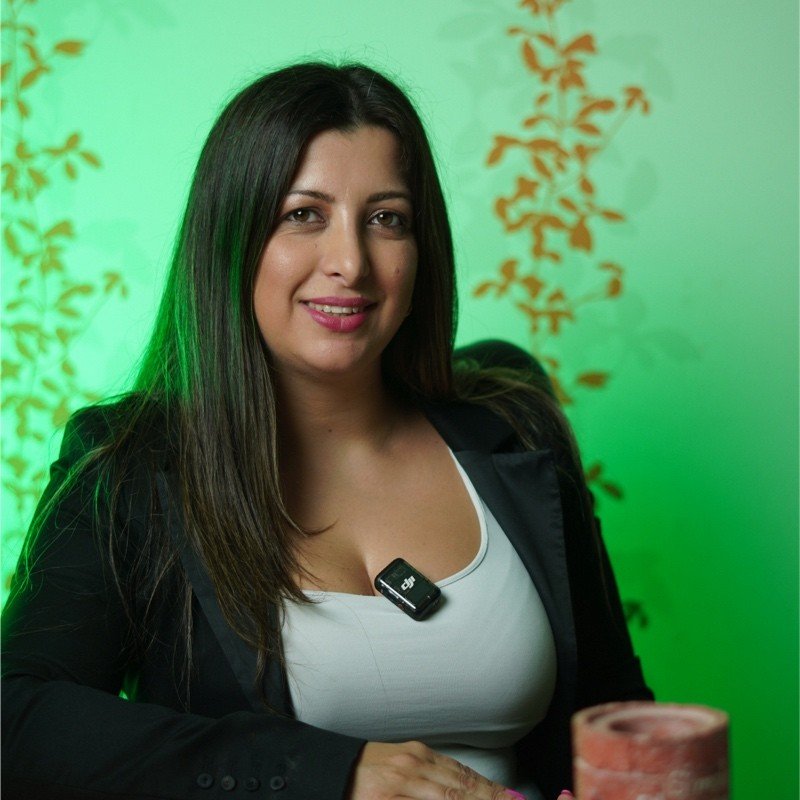
Here are the core components you’ll commonly find in training programs in Lebanon. This gives you an idea of what to look for (or include if you are designing your own programme).
- Interpersonal Communication Skills – active listening, asking open-ended questions, verbal/non-verbal cues, adapting style. For example, a training provider in Lebanon offers “Person to Person Skills” training emphasising interpersonal communication and active listening. nobleprog-om.com
- Emotional Intelligence (EQ) – self-awareness, self-regulation, empathy, social skills. One Lebanese-based course “Leading with Emotional Intelligence” emphasises relational tools, trust and connection. Trainingcred
- Building Business Relationships – specific to professionals: how to build, maintain and leverage business relationships, using frameworks, body language, influence strategies. In Lebanon, there are “Building Business Relationships Training” courses targeting these skills. Unichrone
- Team Building and Collaboration – teams are a micro-ecosystem of relationships. Training often includes building trust, clarifying roles, managing conflict, improving collaboration. See: “Team Building and Collaboration Training” in Lebanon. Trainingcred
- Conflict Resolution & Mediation – even the best relationships will face conflict. Training teaches how to address conflict proactively, mediate disputes, maintain respect. Example: Conflict Resolution for Leaders course in Lebanon. Knowles Training Institute
- Influencing & Persuasion Skills – building relationships also means positively influencing others, gaining buy-in, aligning stakeholders. Lebanese training course examples: “Influencing & Persuasion Skills” in Lebanon. Trainingcred
- Cultural & Cross-Cultural Dynamics – especially relevant in Lebanon given language, multicultural teams, regional business. Training may include adapting communication across cultural styles.
- Trust, Rapport & Long-Term Relationship Management – relationships aren’t built overnight; training emphasises establishing rapport, maintaining long-term connections, dealing with change and uncertainty.
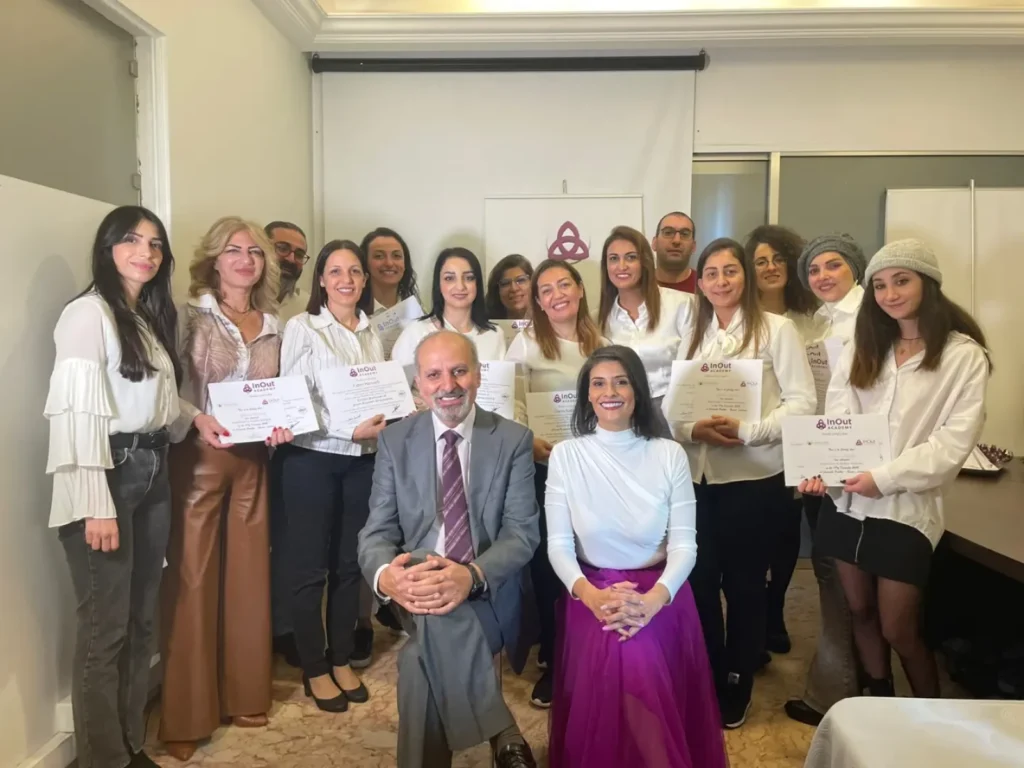
How to Choose the Right Training Program in Lebanon
When selecting a relationship building training in Lebanon, keep these criteria in mind:
- Relevance to your audience — Are you training front-line staff, managers, senior leaders, international teams, or local teams?
- Contextual fit — Does the program consider Lebanese culture, languages, regional business practices, remote/hybrid working realities?
- Training modality — In-person (Beirut, Tripoli, etc.), online/virtual, blended. Some providers offer flexibility. Trainingcred+1
- Interactive design — Look for role-plays, simulations, real-life case studies (vs purely theoretical). Eg. “Person to Person Skills training… through interactive hands-on practice” in Lebanon. nobleprog-om.com
- Experienced trainers — Facilitators with track record in relationship / interpersonal skills training in Lebanon or region.
- Customisation — Training tailored to your organisation’s specific relationship-building needs (internal team, clients, cross-functional) rather than generic off-the-shelf content.
- Follow-through & measurement — How will the training impact be measured? Are there follow-up sessions, coaching, reinforcement?
- Language & accessibility — Training in English, French and/or Arabic may be important in Lebanese context.
- Budget & logistics — Location (Beirut or remote), duration (1 day, 2-5 days, half-day workshop), group size and cost.
Sample Outline: Relationship Building Training Agenda
Here’s a sample agenda you might find (or use) for a 2-day training in Lebanon:
Day 1
- Module 1: Introduction to Relationship Building in the Lebanese Context
- Why relationships matter now
- Cultural and business dynamics in Lebanon
- Module 2: Interpersonal Communication Skills
- Active listening, open-ended questions, body language
- Language and tone across Arabic/English/French environments
- Module 3: Emotional Intelligence & Self-Awareness
- Self-assessment
- Recognising triggers, regulating emotion
- Module 4: Building Trust and Rapport
- Strategies to build psychological safety
- Maintaining consistency and follow-through
Day 2
- Module 5: Influence, Persuasion & Stakeholder Relationships
- Storytelling, framing, adapting communication style
- Negotiation and win-win mindset
- Module 6: Conflict Management & Difficult Conversations
- Types of conflict (task, relationship, process)
- Tools for mediation and resolution
- Module 7: Sustaining Relationships & Collaboration
- Long-term maintenance, remote/hybrid dynamics
- Measuring relational success, reinforcement mechanisms
- Module 8: Action Planning & Next Steps
- Each participant develops a personal or team action plan
- Commitment statements, checkpoints
Benefits of Investing in Relationship Building Training
- Stronger internal culture: Teams that trust and respect each other perform better, innovate more, communicate less redundantly.
- Improved client/partner outcomes: Better rapport, transparency and responsiveness lead to stronger business relationships.
- Leadership impact: Leaders who can connect, listen, influence and resolve conflict are more effective in Lebanon’s dynamic context.
- Adaptability to change: In a region with economic and political fluctuations, relational agility helps organisations pivot, collaborate, and maintain stability.
- Enhanced reputation: In places like Lebanon, personal relationships often underpin business reputation and referral networks.
- Reduced friction: Misunderstandings, cultural mis-alignments and disengagement are lower when relational skills are high.
Relationship Building Training in Lebanon
Case Example: Lebanon Training Providers
Here are some example organisations in Lebanon that offer relevant training:
- Onward Lebanon: Executive coaching & training provider in Lebanon. They emphasise emotional intelligence, team building and training programmes customised for organisations. Onward
- MacSkills Training & Development Institute: Offers interpersonal skills courses for HR professionals in Lebanon focussed on building trust, communication and conflict resolution. MacSkills
- Trainingcred: Offers “Leading with Emotional Intelligence” and “Influencing & Persuasion Skills” trainings in Lebanon. Trainingcred+1
Metrics & Measurement: How to Gauge Success
To ensure your investment yields results, measure relational training impact via:
- Pre- and post-training assessments of interpersonal skills, emotional intelligence, trust levels.
- Feedback surveys: participants’ perception of relationships at work, team cohesion, stakeholder interaction.
- Behavioural observation: fewer conflicts, more collaboration, fewer escalations, faster decision-making.
- Business KPIs: improved customer satisfaction, employee retention, stakeholder feedback, project delivery time.
- Long-term follow-up: Are relationships sustained? Has training translated into changed behaviours?

Practical Tips for Application in the Lebanese Context
- Leverage multilingual capacities: ensure training addresses Arabic, English and/or French nuances.
- Recognise cultural triggers: Lebanese business culture may involve informal relationships, fa çade of consensus, indirect communication. Training should adapt accordingly.
- Use real-life Lebanese business case studies: context matters.
- Reinforce via coaching: a one-off workshop helps, but follow-up coaching or peer-group sessions make behaviour stick.
- Consider remote/hybrid teams: More Lebanese companies now operate across regions or remotely – relational training must include virtual dynamics.
- Align with organisational strategy: Relationship building is not separate; it should link to your company’s values, mission and business goals.
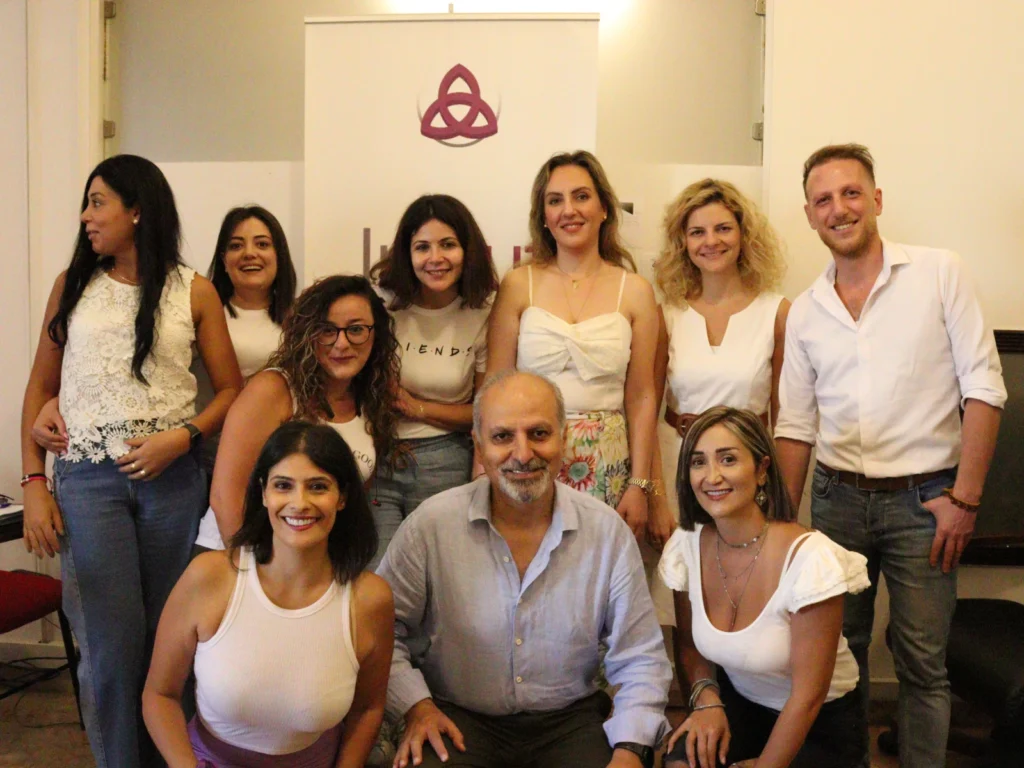
Conclusion
In Lebanon, where business and culture are deeply intertwined with human relationships, investing in relationship-building training is a strategic move—not just a soft-skills add-on. Whether you are a leader seeking to strengthen your relational influence, an HR professional cultivating team cohesion, or an organisation wanting to elevate your stakeholder relationships, tailored training programmes focused on interpersonal communication, emotional intelligence, trust, influence and sustained collaboration will pay dividends.
By choosing training that is relevant, contextualised, interactive and measurable, you’ll not only build better relationships—but build an organisational culture where trust, connection and collaboration drive performance.
If you’d like help sourcing a training provider in Lebanon, or designing a custom programme for your team or organisation, let’s connect—happy to assist.
